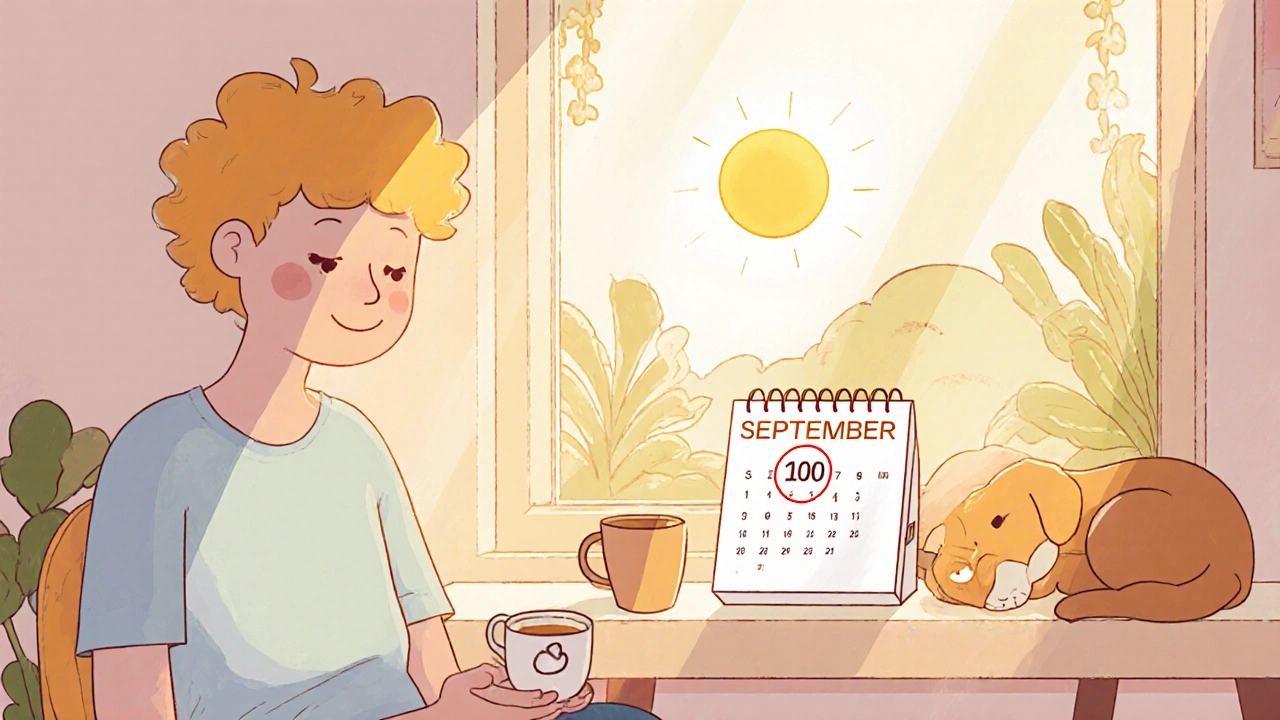Vitamin D for Mood: How Sunlight and Supplements Affect Mental Health
When you feel down for no clear reason, it might not be just stress or laziness—it could be your vitamin D, a hormone-like nutrient your body makes when skin is exposed to sunlight. Also known as the sunshine vitamin, it doesn’t just keep bones strong—it plays a direct role in brain chemistry that affects your mood, motivation, and emotional balance. Studies show people with low vitamin D levels are more likely to report feelings of sadness, fatigue, or lack of focus, especially in winter months or if they spend most of their time indoors.
Your brain has vitamin D receptors in areas linked to emotion and decision-making, like the hippocampus and prefrontal cortex. That means this nutrient isn’t just along for the ride—it’s actively involved in producing serotonin, the chemical that helps you feel calm and content. Low vitamin D doesn’t cause depression by itself, but it can make it harder for your brain to regulate mood, especially if you’re already dealing with stress, poor sleep, or chronic illness. It’s not a magic pill, but fixing a deficiency often brings noticeable improvements in energy and emotional resilience.
People who rarely get outside, live far from the equator, wear sunscreen all the time, or have darker skin are at higher risk for low levels. Even if you eat fatty fish or take a multivitamin, you might still be deficient—diet alone rarely gives enough. The best way to know for sure is a simple blood test. If your levels are low, your doctor might recommend a daily supplement, usually between 1,000 and 4,000 IU, depending on your numbers. But don’t just guess—too much can be harmful, and symptoms of low vitamin D often look like other issues, like thyroid problems or sleep disorders.
You’ll find real stories and science in the posts below: how vitamin D connects to depression, what happens when you fix a deficiency, and how other meds or conditions can mess with your levels. Some people report feeling like themselves again after months of low mood. Others learned their fatigue wasn’t just burnout—it was a missing nutrient. Whether you’re tired all the time, feel numb, or just can’t shake the winter blues, this collection gives you the facts—not hype—to decide what to do next.
Learn how to prevent seasonal depression using light therapy, vitamin D, and a consistent daily routine - backed by science and proven by real-world results. Stop winter blues before they start.

